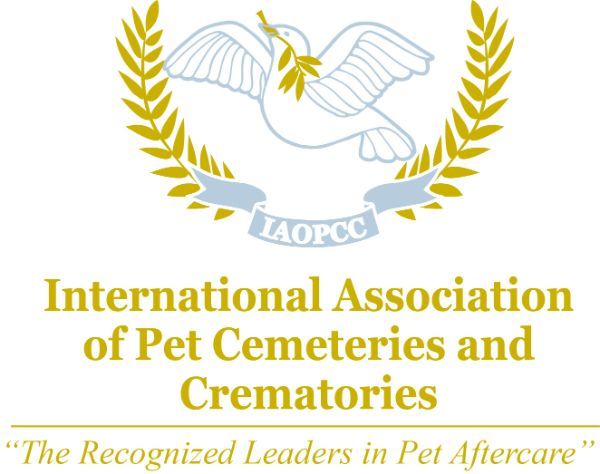House Soiling in Senior Dogs
Understanding the Causes of House Soiling in Senior Dogs
As dogs age, they may experience physical and cognitive changes that contribute to house soiling. One of the primary reasons is medical conditions . Conditions like urinary tract infections, kidney disease, diabetes, and arthritis can affect a dog’s ability to control their bladder or bowel movements. Cognitive dysfunction syndrome (CDS), often compared to Alzheimer’s in humans, can also lead to confusion and accidents inside the house. It’s essential to consult with a veterinarian to rule out or manage any medical issues that could be contributing to the problem.
Another factor to consider is the impact of aging on mobility . Senior dogs may struggle with getting up and moving around, especially if they suffer from arthritis or other joint problems. This can make it difficult for them to reach the designated potty area in time, leading to accidents indoors. In some cases, older dogs may also experience incontinence, where they unintentionally leak urine or feces, often while sleeping or resting.
Managing House Soiling in Senior Dogs
Once medical issues are addressed, there are several strategies you can implement to help manage house soiling in your senior dog. Increased bathroom breaks are often necessary, as older dogs may need to relieve themselves more frequently than when they were younger. Taking your dog out more often, especially after meals and naps, can help reduce accidents.
Modifying your home environment to make it more accessible can also be beneficial. Ensure that your dog’s sleeping area is close to an outdoor exit, and consider using ramps or rugs to help them navigate slippery floors. Placing pee pads or waterproof mats in areas where accidents are most likely to occur can help protect your floors and make cleanup easier.
For dogs experiencing incontinence, doggy diapers can be an effective solution. These are available in various sizes and styles to fit your dog comfortably and can help manage leaks, particularly overnight or when you’re not home to take your dog outside regularly.
Behavioral and Environmental Adjustments
In addition to physical changes, older dogs may require some behavioral training to reinforce proper elimination habits. Rewarding your dog for going outside and maintaining a consistent schedule can help reinforce positive behavior. Patience is key, as older dogs may take longer to learn or relearn habits.
Finally, monitor your dog’s diet and hydration. Some senior dogs may benefit from dietary adjustments that promote digestive health, which can, in turn, reduce the likelihood of accidents. Ensuring your dog has easy access to fresh water is important, but be mindful of how much and when they drink, as this can influence their need to eliminate.
When to Seek Professional Help
If house soiling persists despite your best efforts, or if your dog’s accidents are accompanied by other symptoms such as lethargy, weight loss, or changes in appetite, it’s crucial to consult your veterinarian. They may recommend additional treatments or refer you to a veterinary behaviorist for further assistance.
Dealing with house soiling in senior dogs requires patience, understanding, and a willingness to adapt to your dog’s changing needs. With the right approach, you can help your senior dog remain comfortable and maintain their quality of life, even as they age.
The post House Soiling in Senior Dogs appeared first on Angelpaw.







